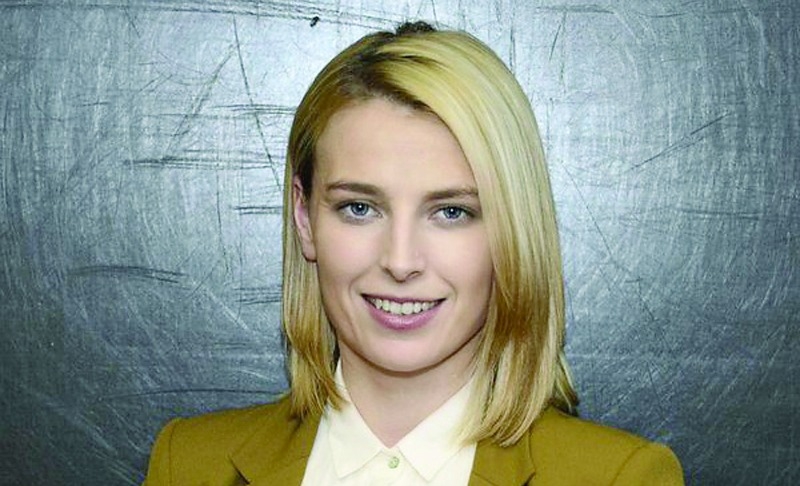
OPINION: ‘Suffering in silence’ attitude must change

By Lynn Ruane
Mental health is one of the scariest, most challenging, and one of the most difficult issues to understand of our generation, writes Senator Lynn Ruane.
When issues arise in our homes, classrooms and wider communities, it can be hard to know how to respond.

Many of us came of age in a time when the standard reaction to mental illness was to ‘be strong’, to silently fight any problems yourself and to not burden those around us with those problems.
We lived in isolation and suffered in silence. It is clear that this attitude is gradually changing.
Moreover, this change is not coming fast enough. We are still losing too many of our young people to suicide and too many of friends and families are struggling alone.
How do we get from saying “rest in peace, you’re in a better place now” to our lives actually being that better place.
How do we get from reminiscing about the “good ol’ days” to living good days in the here and now?
Learning to talk is a good first step, but it is just as important to know how to respond.
“Mam, I do not want to feel anymore. I cannot do this anymore” I knew this language; it had all the signs of suicide ideation.
My daughter was talking to me, reaching out to me, confiding in me. My response? “Don’t be ridiculous, you’re grand. You are grand, do you hear me? Grand!”
I think I thought that if I said ‘grand’ enough times, we would both believe it. But my daughter wasn’t grand. She was in trouble. She had reached out and I had panicked.
Luckily for the both of us, I calmed down, apologised and made the call to Pieta House. In retrospect, I count myself as incredibly lucky that my teenage daughter raised the alarm.
Many parents don’t and by then, it is too late and their loved one is gone. We must urge those around us to talk, but we also need to learn how to listen.
We need to be able to recognise the warning signs in our family and friends, but we also need to recognise them in ourselves.
I would long have considered myself someone who knows how to reach out, but I have also been guilty of suffering in silence.
When I was 26, just before being hospitalised for exhaustion, I would lie on the floor of my bedroom and have a panic attack as quietly as possible so I wouldn’t wake my children.
I lay there wishing someone would walk in as I gasped for breath and force me to admit that I wasn’t okay. My breaking point came when I was driving home from work one day on the Naas Road.
I was hit by the worst panic attack I’ve ever had and was forced to pull over as my tears obstructed my view of the road.
My biggest fear around admitting that I was struggling was that someone would think it would impact on my job or my ability as a mother. I saw myself as someone who helped others and that made it harder to admit that I needed help myself.
I knew in that moment something had to change. I had to ask for help and thankfully, I did. My sincere hope is that we can eventually develop an attitude towards mental health where a person’s pain is a brief moment in time that they can look back on, rather than the end of their life.
I hope that Tallaght Talks can be the first step towards changing the tide to how we think and talk about mental health. We want to bring our mental health services to the heart of our communities and ensure they are visible and accessible.
Darren Dillon and I both felt that Tallaght was not part of the national conversation taking place about mental health. We aim for this event to be a step towards our community working together in a more open and collaborative way.
We want to talk but we also want to know how to listen. We want to know where to go and who to talk to. Most importantly, we want to be heard.
We need to know which door to knock on and we need to know that the door will be opened.
Tallaght Talks is now sold out but will be livestreamed through The Echo’s Facebook page this Saturday, December 3.
Updates will also be made throughout the day on The Echo’s twitter account and www.echo.ie. Be part of the conversation.

